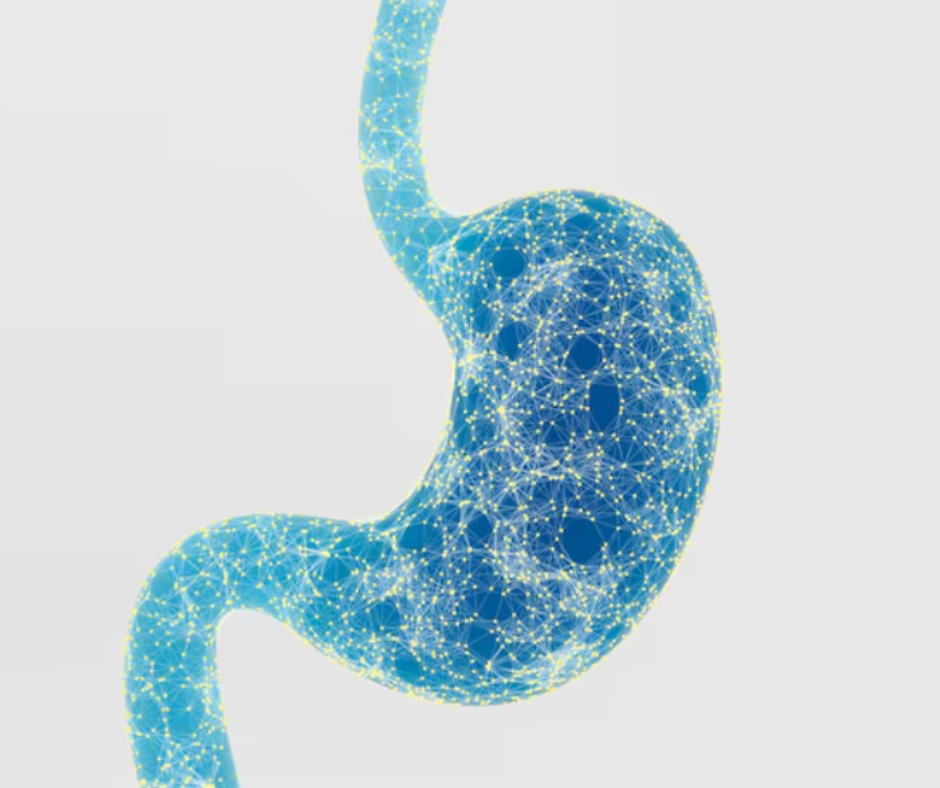Tips for Maintaining a Healthy Digestive System
- livercarecenter23
- Oct 21, 2025
- 3 min read
Updated: Jan 25

A healthy digestive system plays a crucial role in overall well-being. It ensures that the body efficiently absorbs nutrients, eliminates waste, and supports a strong immune system. Digestive issues such as bloating, constipation, acid reflux, and indigestion often stem from poor eating habits, stress, and lack of physical activity. Fortunately, maintaining a healthy gut doesn’t require drastic changes—simple daily habits can make a big difference. consulting a gastroentrologist can help prevent complication.
1. Eat a Balanced, Fiber-Rich Diet
Fiber is essential for promoting smooth digestion and preventing constipation. Include plenty of fruits, vegetables, whole grains, and legumes in your daily meals. Soluble fiber (found in oats, apples, and lentils) helps regulate blood sugar and cholesterol, while insoluble fiber (found in whole wheat, nuts, and vegetables) adds bulk to stool and supports bowel regularity. Aim for at least 25–30 grams of fiber per day to keep your digestive system active and balanced.
2. Stay Hydrated
Water is vital for digestion—it helps break down food, dissolve nutrients, and move waste through the intestines. Dehydration can lead to hard stools and constipation. Try to drink at least 8–10 glasses of water daily, and include fluids like herbal teas or fresh fruit juices. Avoid excessive caffeine or sugary drinks, as they can dehydrate the body and disrupt digestion.
3. Eat Mindfully and Avoid Overeating
Mindful eating helps your digestive system function more efficiently. Chew your food slowly, savor each bite, and avoid rushing meals. Eating too quickly can cause swallowing air, leading to bloating and discomfort. Overeating, especially heavy or oily foods, puts stress on your stomach and may trigger acid reflux or indigestion. Try smaller, frequent meals instead of large portions to ease the digestive load.
4. Limit Processed and Fatty Foods
Processed foods high in refined sugars, trans fats, and artificial additives are difficult to digest and can irritate the gut lining. Instead, focus on whole, unprocessed foods. Healthy fats like those found in avocados, olive oil, and nuts aid nutrient absorption and support gut health. Avoid deep-fried or greasy foods, as they slow down digestion and can cause acid reflux or stomach pain.
5. Include Probiotics and Prebiotics in Your Diet
Probiotics are beneficial bacteria that promote gut balance, while prebiotics are the nutrients that help them thrive. Yogurt, kefir, kimchi, sauerkraut, and fermented foods are excellent probiotic sources. Foods like bananas, garlic, onions, and oats are rich in prebiotics. Together, they support a healthy gut microbiome, improve digestion, and boost immunity.
6. Exercise Regularly
Physical activity helps food move through the digestive tract more efficiently, preventing constipation and bloating. It also reduces stress, which is closely linked to gut health. Aim for at least 30 minutes of moderate exercise—such as walking, cycling, or yoga—five times a week. Even light movement after meals, like a short walk, can stimulate digestion and aid metabolism.
7. Manage Stress Effectively
The gut and brain are deeply connected through the gut-brain axis. High stress levels can lead to digestive issues such as indigestion, IBS, and appetite changes. Incorporate relaxation techniques like meditation, deep breathing, or mindfulness exercises into your daily routine. Getting adequate sleep and maintaining a work-life balance also contribute to better gut health.
8. Avoid Smoking and Limit Alcohol Consumption
Smoking can weaken the lower esophageal sphincter, leading to acid reflux, heartburn, and increased risk of ulcers. Similarly, excessive alcohol consumption irritates the stomach lining and disrupts the gut microbiome. Quitting smoking and moderating alcohol intake are two of the most effective ways to improve long-term digestive and overall health.
9. Don’t Ignore Your Body’s Signals
Listen to your body’s cues when it comes to hunger, fullness, and discomfort. Ignoring the urge to pass stool can lead to constipation, while eating when not hungry may cause bloating or indigestion. If you experience frequent digestive issues—such as persistent heartburn, stomach pain, or irregular bowel movements—consult a gastroenterologist for a professional evaluation.
10. Maintain a Consistent Eating Schedule
Irregular eating habits can disrupt the natural rhythm of your digestive system. Try to eat meals at the same time each day to help regulate digestion and metabolism. Skipping meals or eating late at night can strain your digestive organs and lead to discomfort or acid reflux.
Conclusion
Maintaining a healthy digestive system is about making conscious, sustainable lifestyle choices. By eating a fiber-rich diet, staying hydrated, exercising regularly, and managing stress, you can promote efficient digestion and long-term gut health. Remember, your digestive system is the foundation of your overall wellness—nourish it with care, and it will reward you with energy, comfort, and vitality every day.



Comments